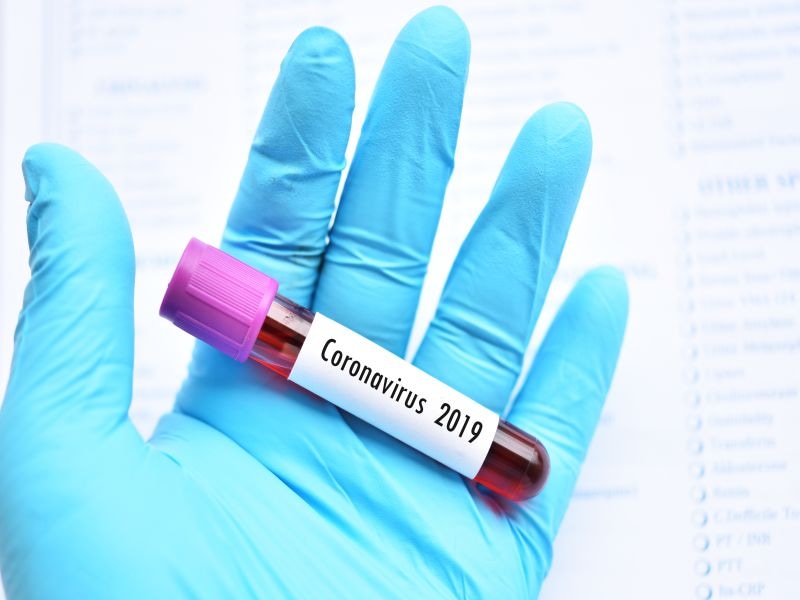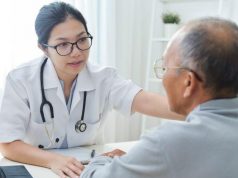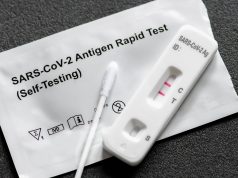Comparing seroprevalence and case counts shows only 9.2 percent of seropositive patients diagnosed
MONDAY, Sept. 28, 2020 (HealthDay News) — Fewer than 10 percent of the U.S. adult population formed antibodies against severe acute respiratory syndrome coronavirus 2 (SARS-CoV-2) during the first wave of the pandemic, according to a study published online Sept. 25 in The Lancet.
Shuchi Anand, M.D., from the Stanford University School of Medicine in Palo Alto, California, and colleagues conducted a cross-sectional study and tested plasma of 28,503 randomly selected adult patients receiving dialysis in July 2020, using a spike protein receptor binding domain total antibody chemiluminescence assay.
The researchers found that the seroprevalence of SARS-CoV-2 was 8.0 percent in the sample, 8.3 and 9.3 percent when standardized to the U.S. dialysis population and U.S. adult population, respectively. Seroprevalence ranged from 3.5 percent in the West to 27.2 percent in the Northeast when standardized to the U.S. dialysis population. Overall, 9.2 percent of seropositive patients were diagnosed when comparing seroprevalent and case counts per 100,000 population. Seroprevalence correlated best with deaths per 100,000 population when compared with other measures of SARS-CoV-2 spread. Compared with residents of predominantly non-Hispanic White neighborhoods, the odds of seropositivity were higher for residents of non-Hispanic Black and Hispanic neighborhoods (odds ratios, 3.9 and 2.3, respectively). Increased odds of seropositivity were experienced by residents of neighborhoods with the highest versus the lowest population density quintile (odds ratio, 10.3).
“We find that despite the USA contemporaneously leading the world in the numbers of diagnosed cases, overall, fewer than 10 percent of U.S. adults had evidence of seroconversion in July 2020,” the authors write.
Several authors disclosed financial ties to Ascend Clinical Laboratories, which partially funded the study. One author disclosed ties to Satellite Healthcare.
Copyright © 2020 HealthDay. All rights reserved.








